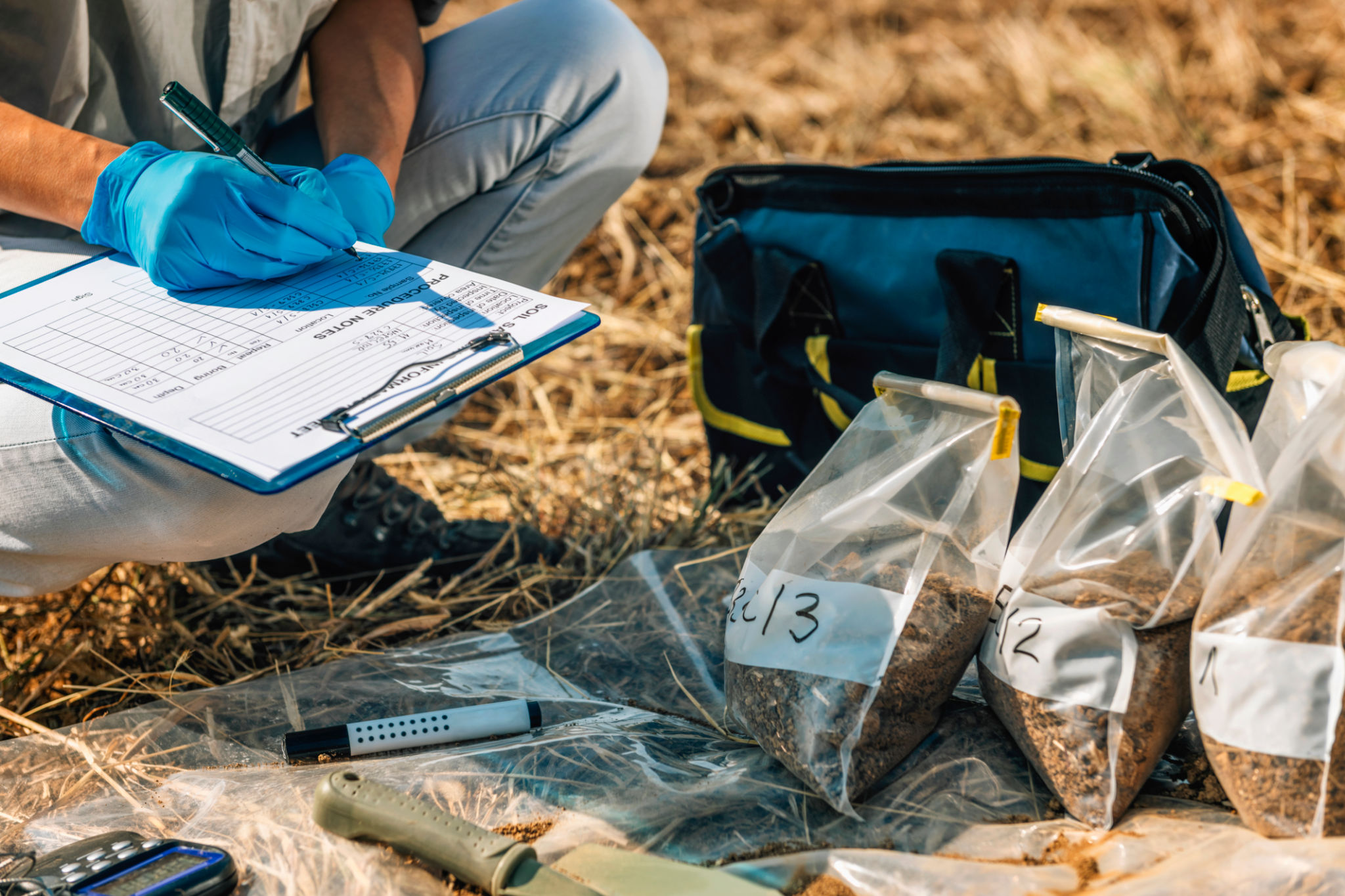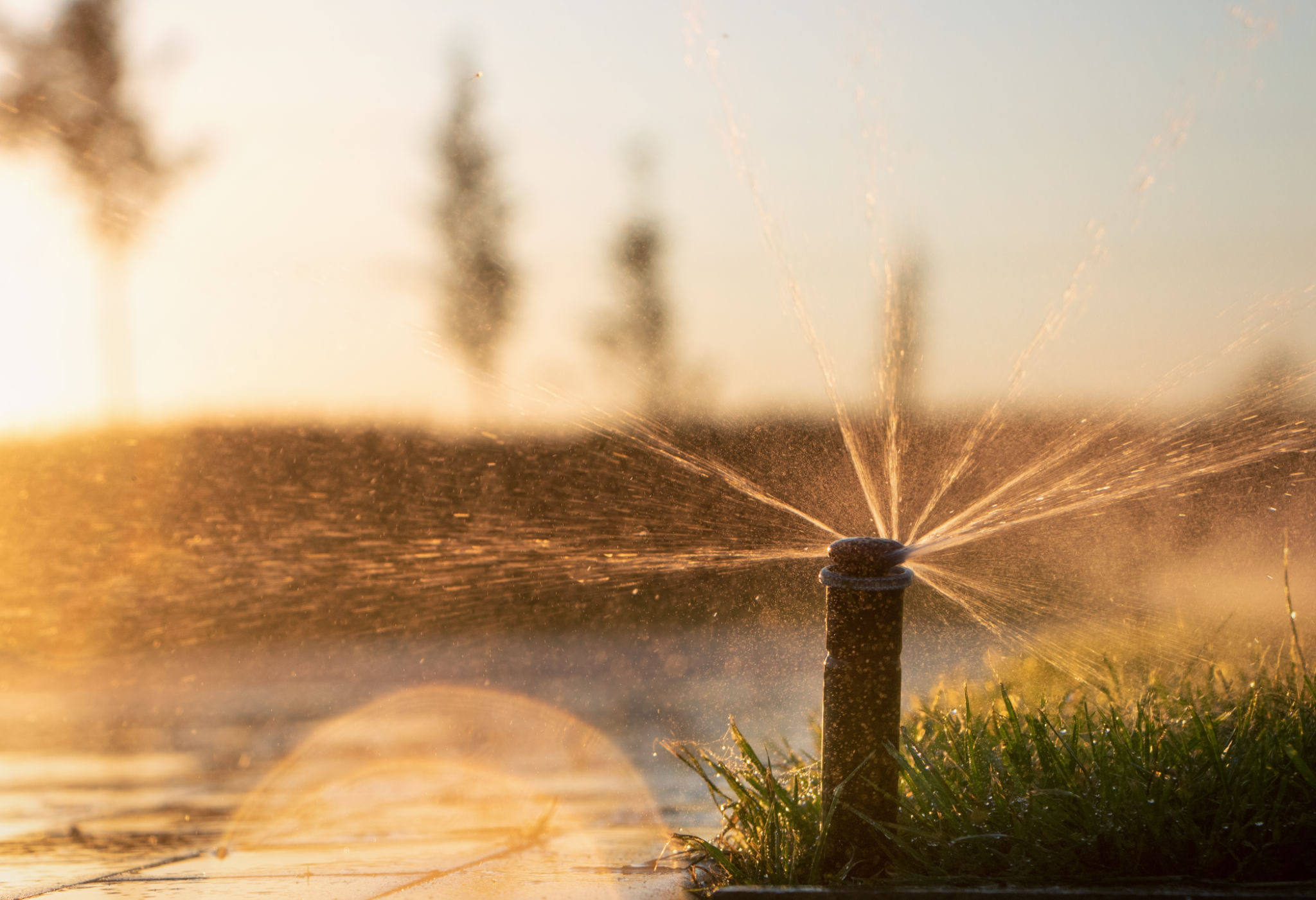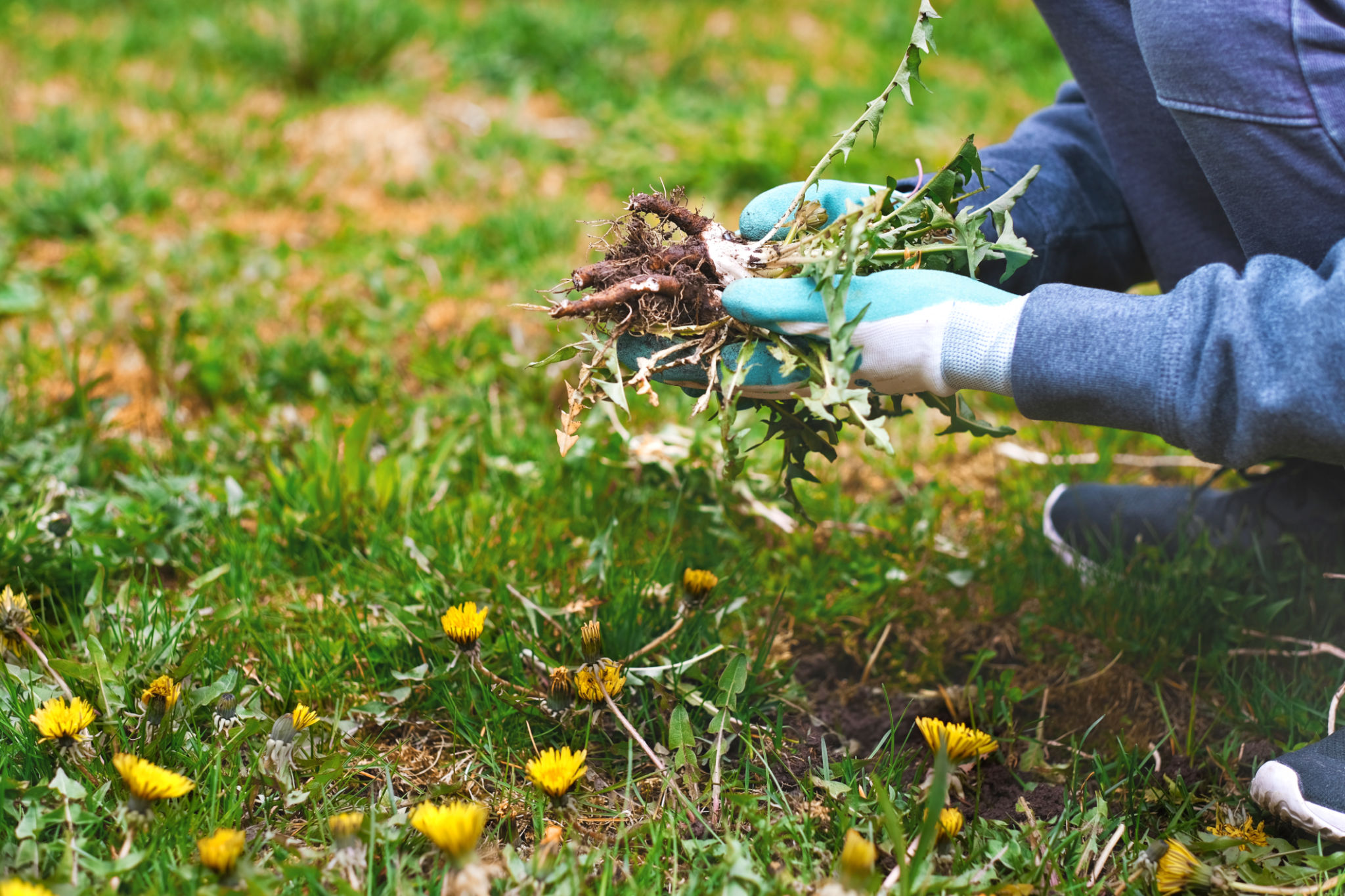Top Lawn Care Tips for Greenville Residents
Understanding Your Soil
One of the most crucial steps to achieving a beautiful lawn in Greenville is understanding your soil. The soil in this region can vary, but it generally tends to be clay-heavy. Testing your soil's pH level can provide essential information on what nutrients your lawn needs. You can get a soil test kit from your local garden center or contact the Clemson University Cooperative Extension Service for professional testing.

Choosing the Right Grass
Greenville's climate is ideal for several types of grass, but Bermuda grass and Zoysia grass are particularly well-suited for this area. These types of grass are known for their durability and ability to withstand the hot, humid summers of the South. When selecting grass, consider factors such as shade tolerance, drought resistance, and maintenance requirements.
Planting and Seeding Tips
For new lawns, late spring to early summer is the best time to plant warm-season grasses like Bermuda and Zoysia. Make sure to prepare the soil properly by tilling and removing any rocks or debris. When seeding, follow the recommended seeding rates and cover the seeds with a thin layer of soil to protect them from birds and wind.

Watering Wisely
Proper watering is essential for a healthy lawn. In Greenville, it's best to water your lawn early in the morning to minimize evaporation and fungal growth. Aim for about 1 inch of water per week, including rainfall. Use a rain gauge to monitor natural precipitation and adjust your watering schedule accordingly.
Irrigation Systems
If you have an irrigation system, ensure it's working efficiently by checking for leaks and adjusting the sprinkler heads to avoid water waste. Drip irrigation systems can be an excellent choice for conserving water while ensuring your lawn gets the moisture it needs.

Fertilizing Your Lawn
Fertilizing is another key aspect of lawn care in Greenville. Use a slow-release fertilizer to provide a steady supply of nutrients over time. The best times to fertilize are in the spring and fall when the grass is actively growing. Be sure to follow the manufacturer's instructions to avoid over-fertilizing, which can harm your lawn and the environment.
Organic Options
For those looking to maintain an eco-friendly lawn, consider using organic fertilizers. These products are made from natural materials and can improve soil health while providing essential nutrients. Compost and manure are excellent organic options that can be easily incorporated into your lawn care routine.
Dealing with Weeds and Pests
Weeds and pests can quickly become a problem if not managed properly. Regularly inspect your lawn for signs of trouble and take action promptly. For weeds, hand-pulling or spot-treating with herbicides can be effective. For pests like grubs and chinch bugs, consider using natural predators or organic insecticides to keep them under control.

Preventative Measures
Preventing weeds and pests before they become a problem is the best strategy. Maintain a healthy lawn by mowing at the correct height, watering properly, and fertilizing as needed. A thick, healthy lawn is less likely to be overtaken by weeds and pests.
Seasonal Lawn Care
Each season brings different lawn care challenges and opportunities. In the spring, focus on aeration and overseeding to repair winter damage. Summer requires diligent watering and mowing, while fall is the time for fertilizing and weed control. Winter is a period of rest for your lawn, but it's still important to remove debris and manage any lingering issues.
By following these top lawn care tips, Greenville residents can enjoy a lush, green lawn year-round. Remember, a healthy lawn not only enhances the beauty of your home but also provides a space for relaxation and outdoor activities.
